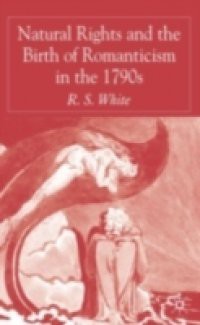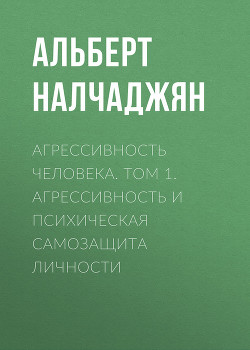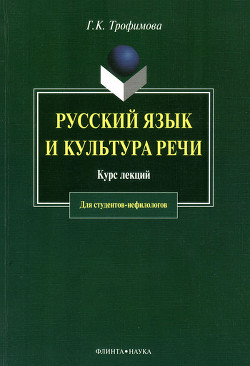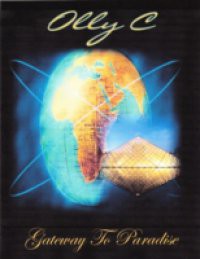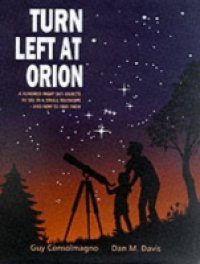Following the American War of Independence and the French Revolution ideas of 'Natural Rights of Man (later distinguished as particular issues like rights of association, rights of women, slaves, children and animals) were publicly debated in England in the 1790s. Literary figures like Wollstonecraft, Godwin, Thelwall, Blake and Wordsworth reflected these struggles in their poetry and fiction. With the seminal influences of John Locke and Rousseau, these and many other writers laid foundations for high Romantic literature that were not so much aesthetic but moral and political. This focus allows a recovery of figures who have not been foregrounded before, like Bage, Inchbald, Spence, Charlotte Smith and many others who are usually placed as 'Jacobin' writers rather than part of the first-wave Romantics. Although focusing on the 1790s, the book sets the development of natural rights thinking in a much longer perspective and traces the evolution from natural law, resurrected in the eighteenth-century under the new guise of natural rights. Literature of sensibility or benevolence was a literary transition to Jacobin writing of the late eighteenth-century, and the literature of natural rights in general. As well as tracing the history of the 'rights of man' paradigm, this pioneering study also places these concepts in the light of subsequent debate and eventual acceptance of human rights and civil rights in the twentieth-century.
